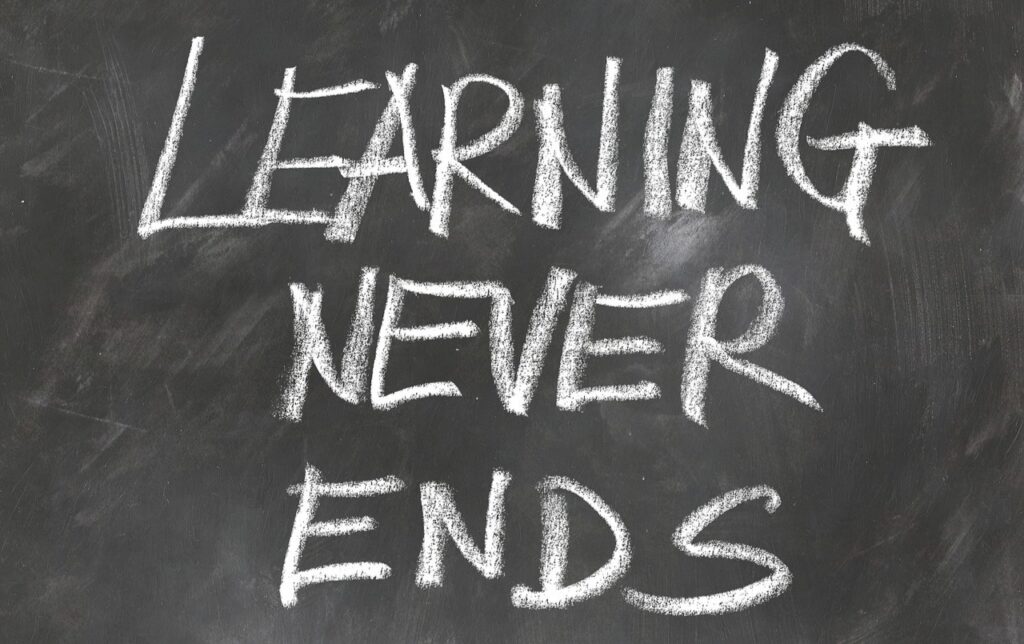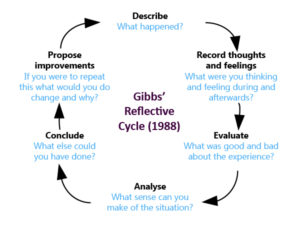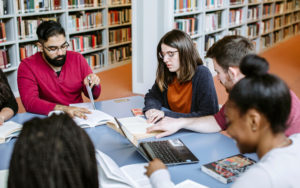It’s the end of the year – try some reflection


How did your academic year go?
Do you normally judge your success and contentment by the marks you get?
Have you ever thought that you could learn from your mistakes as well as your successes?
Reflection
Reflection is mighty important in all areas of life. When studying you are often in the midst of what you are reading or being tasked to do. Pausing, zooming out and getting a bird’s eye perspective is a very crucial step. I particularly like the term ‘contemplating life’. Let’s do some contemplation.
Why do it?
Reflection is important – start by understanding the set brief and question its purpose. At the beginning of any workshop you might start with reflecting on previous experiences. However, most typically, reflection is asked for at the end of an action or project. And we must not forget self-improvement…
How to do it?
There are countless models for how to reflect; each can be useful in different contexts or situations. The important thing is to always follow a full cycle. Just like the learning cycle, the reflection needs to be carried through fully for learning to happen.

There are conscious and unconscious decisions to be made during any action which might open up during reflection. Try to stick to the purpose of the task to frame your thinking.

The 4 R model comprises reporting, relating, reasoning and reconstructing.
Gibbs’ reflective cycle stems from the principles of learning by doing and goes into greater detail. Asking yourself questions aids the process. These questions will scaffold your own cycle of reflection. Consider them in connection with your assignment brief.
Rolfe’s iterative model (2001) is the simplest. It involves asking:
- what happened?
- so what?
- now what?
Last but not least, Mezirow (1991) reflects on the content of the problem, the process of problem-solving and the premise of the problem. He coined the term “transformative learning” and paid attention to reflection to aid the understanding of meaning and perspectives. (As always, different subject areas/fields prefer different models).
There is a lot of description involved in reflection, and the use of the first person is the accepted form of doing it (it is your experience and feelings after all). The cycle needs to include enough critical evaluation to fulfil your assignment criteria. In fact, only about 20% to 30% of your text generally should be descriptive, which leaves a lot of room for evaluation!
An interesting aspect of including your emotional responses is the consideration of mindfulness. This basically means paying attention to present experiences in a non-judgemental way rather than beating yourself up for feeling low about something that has just happened. Exploring how you feel has considerable benefits. Pour out your emotions and feelings on paper. You might have used a diary in the past where you responded to what you experienced, felt at that moment, and considered what to do next or how to approach the task again next time.
Critical reflection on your learning is basically similar, in a slightly more sophisticated and structured way. Here is an example – you are being asked to reflect on a group work task. You struggled throughout the task how to respond to someone’s attitude, the quality of their contributions or else, but did not feel it appropriate to challenge it. Your tutor might give you a template for your responses – a framework or some such always helps.

This might include guiding questions like:
- How did you feel?
- Were your expectations met?
- What did you discover during the process?
- What perceptions did you have at the beginning?
- Were your experiences confirmed?
- What skills did you develop?
- What did you correct?
- Most importantly – what worked and what didn’t?
- What would you change next time?

Answer these questions as soon as possible after completing an activity. Your responses need to be raw and real. You can edit them later, tune them down if necessary, and adjust them to the task. Do not be tempted to try to use reflective assignments to take revenge on others and always stay within the prescribed framework. Always think about what you can get out of this practice and the opportunities it offers!
In any case of reflecting, you might be carrying out multi-layered actions like ‘mulling over, letting go, chasing after, homing in, asking why, leaving be, pulling apart, reassembling, stirring, sifting, critiquing, analysing, evaluating, observing, intuiting, looking, feeling, waiting’ (James & Brookfield, 2019, p. 13). If considered with care, reflections are highly effective in your learning process.
So, go on – reflect, improve, transform yourself.
Reference:
James, A., & Brookfield, S. D. (2014). Engaging imagination: Helping students to become creative and reflective thinkers. San Francisco: Jossey Bass.




Leave a Comment (note: all comments are moderated)